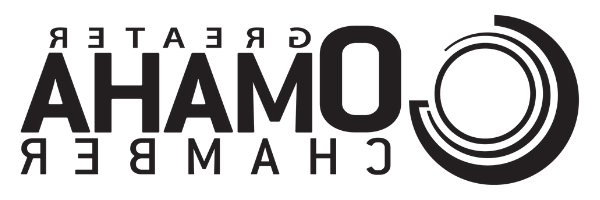There always seems to be a million buzz words or phrases flying around in the professional world. One you may have 听到d of recently is 情商. Whether you have never 听到d of it before or are eager to learn more, read on!
This post will dive into what EQ is, 为什么重要?, 四种能力, and leave you with some additional resources to get started.
What is 情商 (EQ)?
To understand EQ, we first need to know how our brains work. 你看到的一切, 气味, 听到, 味道, and touch travels through your body in the form of electric signals.
These electric signals travel from cell to cell until they reach their final destination – your brain. They enter the brain at the base (near your spinal cord), but they have to get to your frontal lobe (behind your forehead). The frontal lobe is where rational and logical thinking happens. The problem is that they pass through your limbic system along the way. Your emotions are produced here. This journey of electric signals makes it so that we experience things emotionally before our reason can kick into gear.
So, 情商 (EQ) is simply the ability to recognize and understand emotions in yourself and others, and your ability to use this awareness to manage your behavior and relationships. It affects how we manage behaviors, navigate social situations, and make decisions.
为什么情商很重要?
When you are high in emotional intelligence, you can:
- Make better decisions under pressure
- Recognize when emotions are influencing your thinking and judgment
- Understand and gauge the emotional state of others
作为一个领导者, you are able to increase employee engagement, 保留, and performance because you:
- Demonstrate the ability to manage your own emotions
- Can resolve conflict effectively
- Have enhanced communication skills
- Are able to stay calm in times of stress
Now that you have a basic understanding of what EQ is and 为什么重要?, let’s dive into the specifics 四种能力!
四大胜任力
The first piece of the personal competencies of EQ is self-awareness. This is your ability to accurately perceive your own emotions in the moment and understand your tendencies across situations. The only way to truly understand your emotions is to think through them to figure out where they come from and why they are there. Because they are your reactions to the world around you, emotions always come from somewhere.
People high in self-awareness understand what they do well, what motivates them and satisfies them, and which people and situations push their buttons. It is not only the first EQ skill, but it is the foundation. When you have it, you can build out your other EQ skills.
The second piece of the personal competencies of EQ is 自我管理. This is your ability to use your awareness of your emotions to direct your behavior. Self-management is dependent on your self-awareness. Once you recognize what emotions you are feeling, it’s up to you to choose how to act. It’s more than just resisting explosive or problematic behavior. Rather, it’s about managing dependencies over time and applying EQ skills in various situations.
The third piece of the professional competencies of EQ is social awareness. This is your ability to accurately pick up on emotions in other people and understand what is going on with them. Like self-awareness, social awareness is a foundational skill. It’s easy to get caught up in your own emotions and forget to consider the other party’s perspective. Listening and observing are the most critical elements of social awareness.
The final piece of the professional competencies of EQ is relationship management. This is your ability to use your awareness of your own emotions and others to manage interactions successfully. Relationship management is the second piece of professional competency, but this skill isn’t possible without the other three foundational skills: self-awareness, 自我管理, 以及社会意识.
额外的资源
To become the emotionally aware professional you know you are, commit to improving just one area of EQ! The first step is to take a self-assessment of your EQ skills. Then, based on the results, you can decide on one specific area to grow. You can find a link to the book and assessment here: http://www.talentsmarteq.com/emotional-intelligence-2-0/





